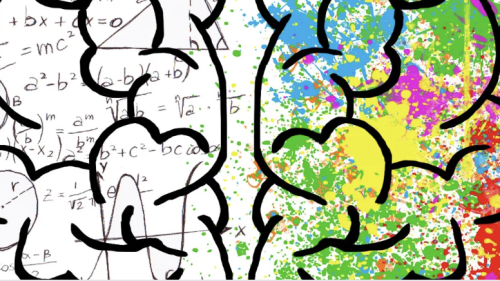Technology is reshaping education—and at Kent State University, faculty like Dr. Jiahui Wang are leading the way. As an Assistant Professor of Educational Technology, Dr. Wang is dedicated to helping students and teachers harness the power of technology to create more engaging, effective learning environments.
A Foundation in Curriculum, Technology, and Teaching
Dr. Wang’s background blends deep academic expertise with real-world classroom experience. She earned her M.Ed. in Curriculum & Instruction from the University of Virginia and her Ph.D. in Curriculum & Instruction with a concentration in Educational Technology from the University of Florida.
Before joining the university setting, she taught mathematics and foreign languages in K-12 classrooms, giving her a firsthand understanding of how technology can both support and challenge traditional instruction.
This mix of hands-on teaching and advanced research grounds her approach to educational technology—an approach centered on using innovation thoughtfully to improve learning outcomes.
Read on to learn more about Dr. Wang.
Can you share a bit about your background in the field?
I hold an M.Ed. in Curriculum & Instruction from the University of Virginia and a Ph.D. in Curriculum & Instruction with a concentration in Educational Technology from the University of Florida. I have experience teaching mathematics and foreign language subjects in K-12 settings.
Can you share details about your current research activity?
I am currently working on various research projects, including a study titled Learning Debugging in Dialogue Videos: An Eye Tracking Study. Dialogue videos capture an expert tutoring a novice on a new concept. This research project investigates how dialogue videos influence learners’ visual behavior, learning outcomes, and cognitive load.
Can you share your favorite memory from working with students?
One of my favorite moments is witnessing my doctoral student being able to identify and justify a dissertation topic after months of literature review. Moments like these - when a doctoral student makes a breakthrough in the doctoral journey through perseverance remind me why I love mentoring and being part of my student’s doctoral journey.
Shape the Future of Learning with Kent State
The world needs educators who understand not just technology itself, but how people learn with technology. Kent State’s online M.Ed. in Educational Technology prepares graduates to lead in this critical space, with flexible online courses and expert faculty like Dr. Wang.
Students in the program gain the skills to design better online courses, implement innovative learning tools, and build smarter classrooms.
With guidance from professors like Dr. Wang, Kent State graduates are ready to empower the next generation of digital learners—wherever and however they teach.
Ready to advance your career in Educational Technology?
Learn more about Kent State’s Online M.Ed. in Educational Technology.









